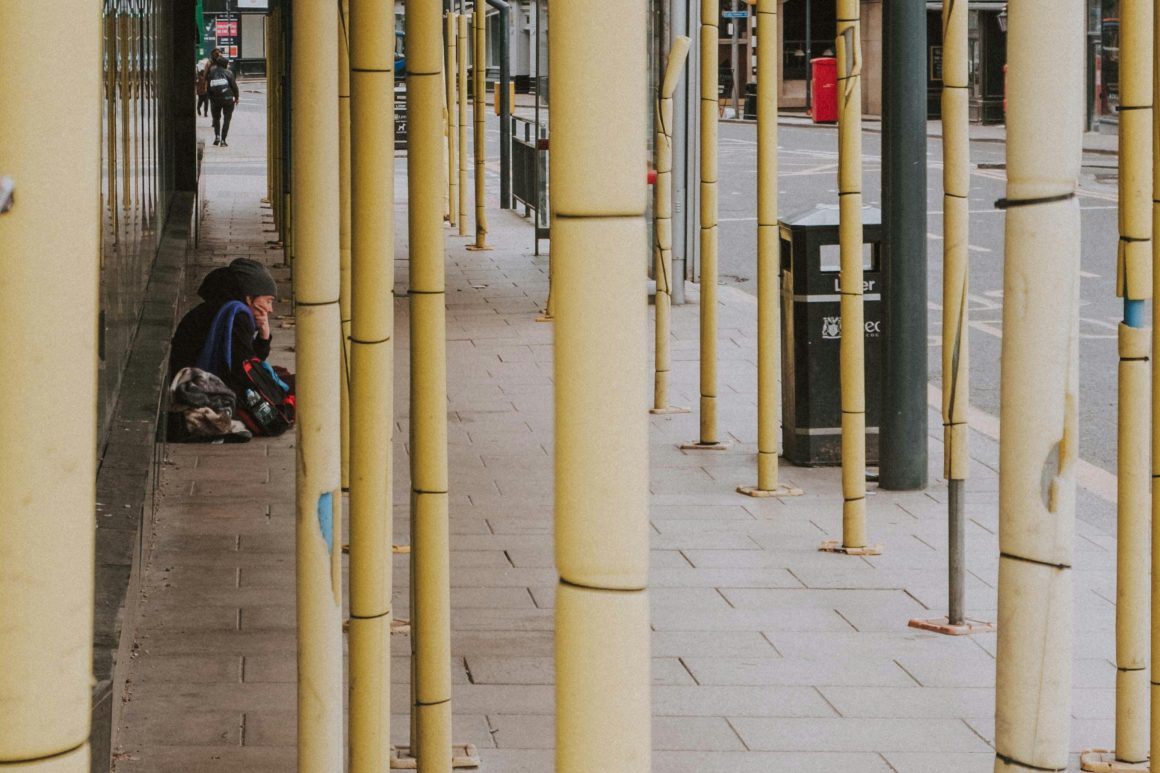On 10 June 2025, the Government formally announced its intention to repeal the Vagrancy Act 1824, an archaic piece of legislation that has, for over two centuries, criminalised the act of rough sleeping. While prosecutions under the Act have declined in recent years, 79 individuals were nonetheless prosecuted and 59 convicted for rough sleeping-related offences in 2023 alone. It is intended that the 1824 Act will be repealed by Spring 2026.
Deputy Prime Minister and Secretary of State for Housing, Angela Rayner, described the criminalisation of rough sleeping as “cruel and outdated,” confirming the Government’s resolve to “draw a line under nearly two centuries of injustice towards some of the most vulnerable in society.”
Homelessness Secretary Rushanara Ali echoed this sentiment, stating that “scrapping the Vagrancy Act for good is another step forward in our mission to tackle homelessness in all its forms, by focusing our efforts on its root causes.”
This policy shift has been welcomed by leading homelessness charities. Matt Downie, Chief Executive of Crisis, described the repeal as a “landmark moment,” while Emma Haddad, CEO of St Mungo’s, stressed that “the repeal of the Vagrancy Act, which criminalises rough sleeping, cannot come soon enough.”
In support of this new direction, the Government has pledged an additional £233 million in funding for homelessness services. A new, comprehensive homelessness strategy is also expected to be published later this year, under the leadership of Angela Rayner.
While the Vagrancy Act 1824 will be repealed, the forthcoming Crime and Policing Bill will introduce new offences aimed at addressing public concerns, namely, “facilitating begging for gain” and “trespassing with the intention of committing a crime“, both of which were previously included under the 1824 Act.?? Importantly, the Government has pledged that there will be no replacement for the provisions that previously criminalised rough sleeping itself.
How will this affect can affect your clients?
This long-overdue legislative reform is particularly significant for our tenant clients and those at risk of homelessness. At Duncan Lewis Solicitors, we recognise that criminalising individuals for rough sleeping fails to address the root causes of homelessness, such as poverty, mental health issues, lack of affordable housing and systemic failures within local authority support.
The repeal of the Vagrancy Act 1824 means that individuals experiencing homelessness will no longer face prosecution simply for sleeping on the streets. This marks a vital change in the way the law responds to homelessness, from punishment to support. However, the introduction of new offences means that legal scrutiny will be necessary to ensure these do not serve as a de facto continuation of criminalisation under a new guise.
How can you as a solicitor help?
- Challenging unlawful local authority decisions
- Judicial Review
- Advising vulnerable clients
- Securing suitable housing
- Defending possession proceedings
Duncan Lewis are committed to ensuring that this policy shift translates into meaningful change for those most in need. As the Government unveils its new homelessness strategy, we will continue to advocate for our clients’ rights and hold local authorities accountable to their statutory duties.
For those affected by homelessness or at risk of losing their home, our Housing Law solicitors are ready to assist. We offer urgent legal help, including Legal Aid where eligible.
About the Authors
Manjinder Kaur Atwal, Director of Housing, is recognised by the Chambers UK legal directory as a UK-wide notable practitioner, offering strength across a wide range of social housing matters, including interim relief and homelessness applications. She heads a Housing Team ranked Tier 1 across the South East by The Legal 500 for its “excellent knowledge of the law” and “extensive experience”. The department is recognised as a market-leader in all areas of social housing and property litigation including disrepair, unlawful evictions, homelessness, possession disputes, and complex judicial review matters.
Read more from Manjinder here
For advice in relation to any housing matter contact Manjinder Kaur Atwal on 07342 081785 or email at Manjindera@duncanlewis.com
Amandeep Bains is a housing solicitor at Duncan Lewis. He acts for both tenants and landlords, publicly and privately funded, in a range of cases, including homelessness cases, possession proceedings, suitability reviews, housing litigation, eviction proceedings, disrepair claims, harassment issues, injunction proceedings, and judicial review applications.
For advice or assistance on a housing matter, contact Amandeep at AmandeepB@duncanlewis.com, or by telephone at 02072752843.
Daniel Rochelle is a caseworker in the housing department at Duncan Lewis Solicitors and has experience handling a wide range of social housing matters. He is supervised by housing solicitor Amandeep Bains and housing director Manjinder Kaur Atwal.
For advice or assistance, contact Daniel on 020 7923 8457 or at DanielR@Duncanlewis.com
 Manjinder Kaur Atwal
Manjinder Kaur Atwal